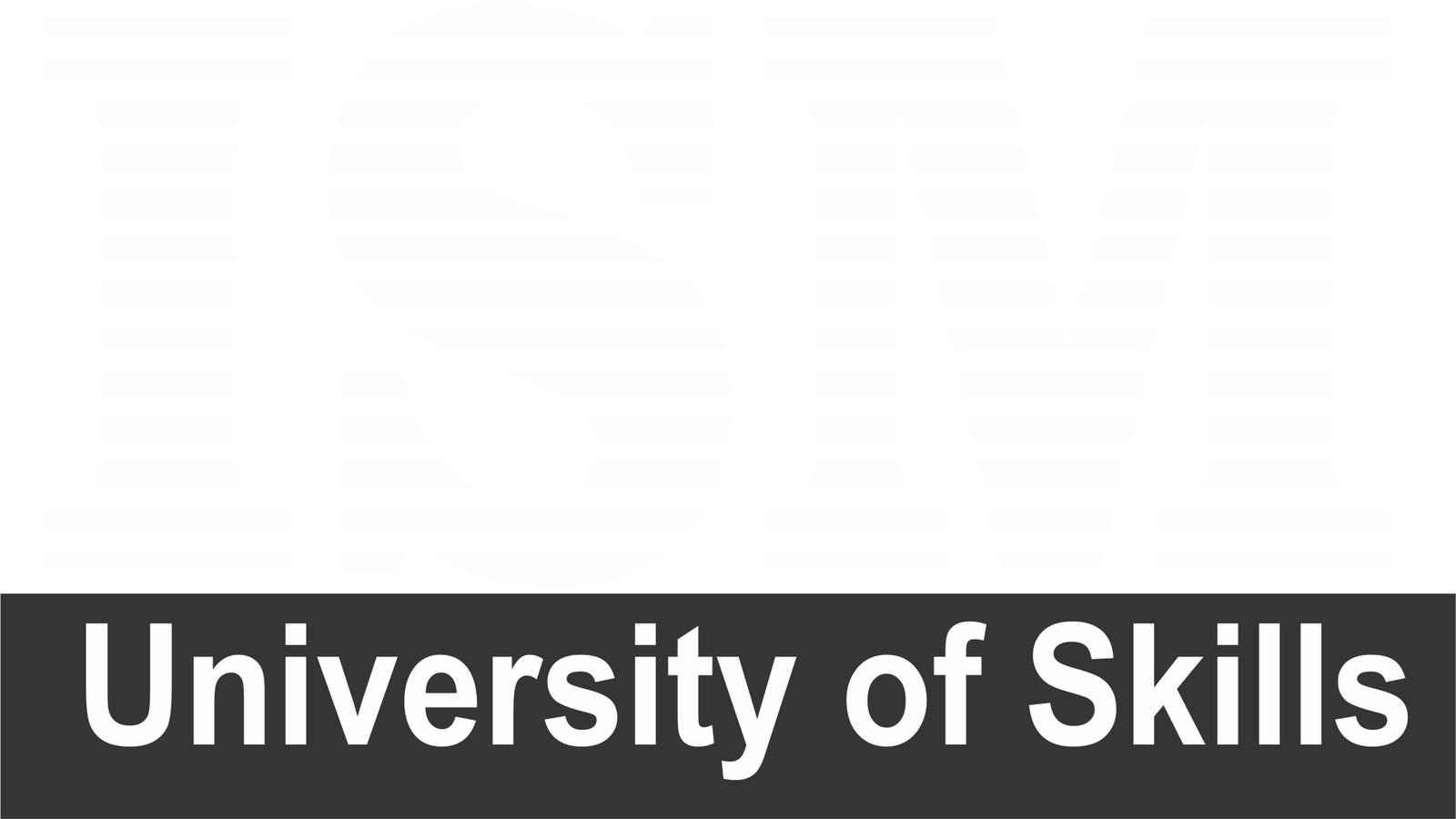Automotive, healthcare, aerospace, and consumer electronics all use embedded systems, which are the backbone of modern technology. Embedded systems offer exciting career opportunities as the demand for intelligent and connected devices increases. To succeed in this dynamic industry, you need the right skills and training.
Strong Foundation in Computer Science and Engineering: It is essential to have a solid foundation in computer science and engineering before embarking on a career in embedded systems. Understanding and developing embedded software and hardware components requires a fundamental understanding of programming languages, data structures, algorithms, and computer architecture. To acquire the necessary skills and knowledge, a degree in computer science, electrical engineering, or a related field is highly beneficial.
Proficiency in Programming Languages: Development of embedded systems requires proficiency in programming languages. The efficiency and low-level control of C and C++ make them ideal for developing embedded software. Understanding hardware-software interactions requires knowledge of assembly language. For automation, testing, and prototyping, familiarity with scripting languages like Python is beneficial.
Embedded Systems Concepts and Architecture: Designing and developing efficient and reliable embedded systems requires an understanding of embedded systems concepts and architectures. As part of this, you will need to know about microcontrollers, microprocessors, memory systems, real-time operating systems (RTOS), and hardware interfaces. Work with complex embedded systems is enhanced by familiarity with system-on-chip (SoC) designs.
Hardware Design and Prototyping: Custom hardware components are often designed and prototyped for embedded systems. For developing hardware solutions, familiarity with digital electronics, analog circuits, sensor integration, and PCB design is essential. The ability to work with FPGAs and ASICs requires knowledge of hardware description languages such as Verilog or VHDL.
Real-Time Systems and Operating Systems: The real-time nature of embedded systems requires timely responses. Real-time systems require knowledge of task scheduling, synchronization, and interprocess communication. Developing time-critical applications requires familiarity with real-time operating systems (RTOS), such as FreeRTOS and VxWorks.
Communication Protocols and Interfaces: It is common for embedded systems to communicate with other devices and networks. Establishing seamless connectivity requires knowledge of communication protocols such as UART, SPI, I2C, Ethernet, and wireless protocols (e.g., Wi-Fi, Bluetooth, Zigbee). IoT applications require an understanding of protocols like MQTT and CoAP.
Debugging and Testing Skills: Testing and debugging embedded systems are crucial. Troubleshooting hardware and software problems requires the use of debugging tools, oscilloscopes, logic analyzers, and software debugging techniques. Validating system functionality and reliability requires knowledge of unit testing, integration testing, and hardware-in-the-loop (HIL) testing.
Continuous Learning and Adaptability: Embedded systems are constantly evolving, as new technologies, tools, and trends emerge. Keeping up with the latest advancements and enhancing skills requires a mindset of continuous learning and adaptability. By participating in professional development activities, attending conferences, and joining technical communities, you can enhance your knowledge base and continue to grow.
Technology’s future is being shaped by embedded systems careers. It is possible to establish oneself in this dynamic field if one develops a strong foundation in computer science and engineering, masters programming languages, understands embedded systems concepts, and gains practical experience in hardware design and software development. Long-term success in the ever-evolving world requires continuous learning, adaptability, and staying on top of emerging trends.

